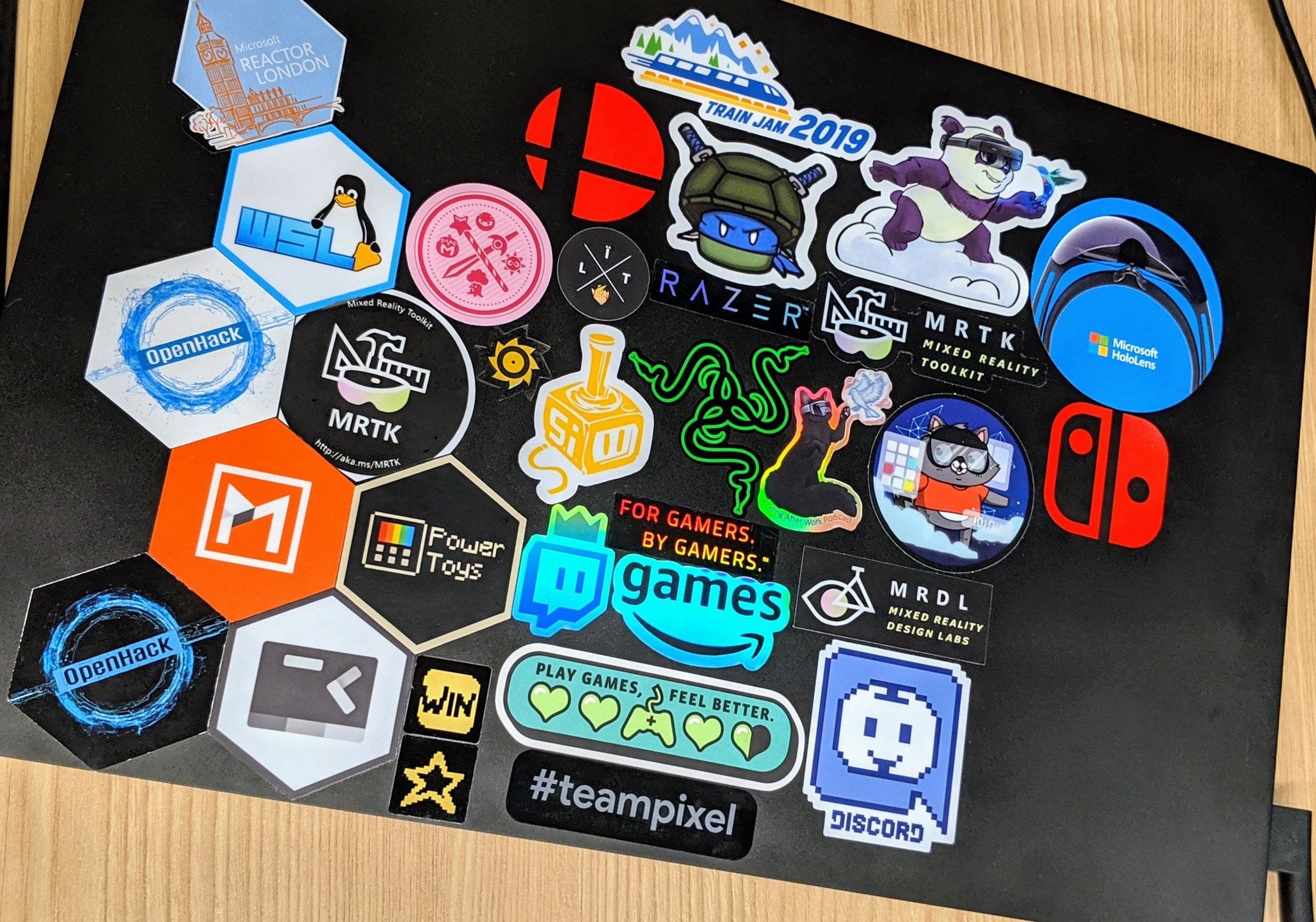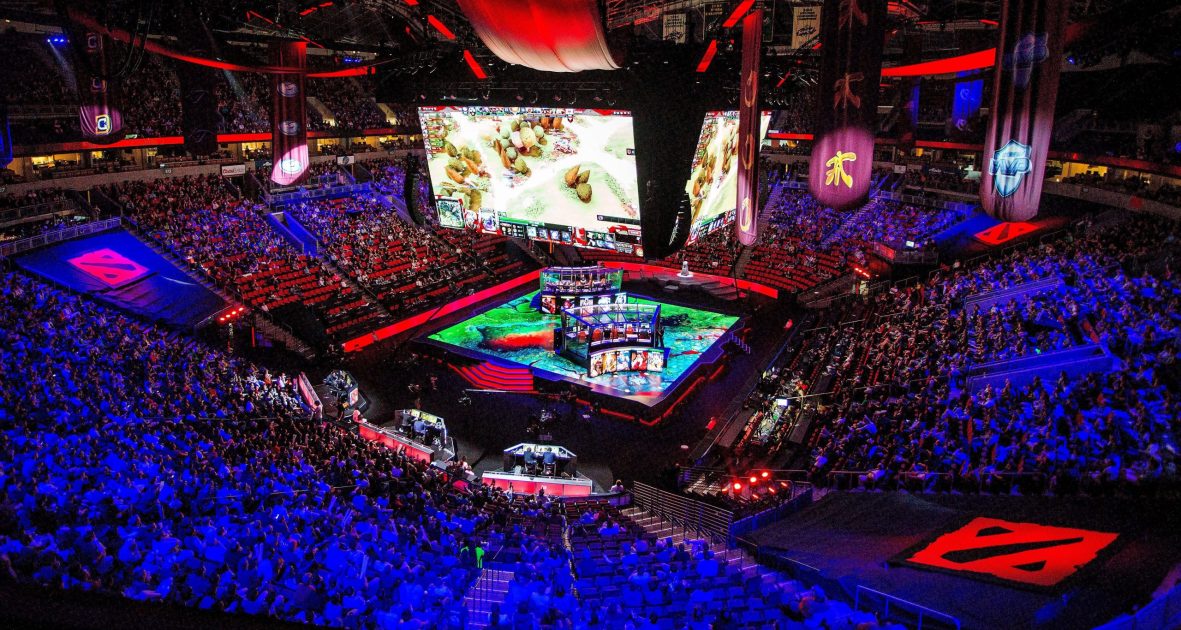As the video game industry continues to grow, so does its thirst for innovation and experimentation. Developers are constantly trying new things, whether it’s a new graphical style, a unique narrative device, or an innovative new gameplay mechanic. Given how much the industry has grown in recent years, there is no end in sight for this continuing expansion.
Even with all of these innovations, however, one element remains absent from most modern video games: blockchain technology. Even though it’s just one aspect of the broader field of cryptocurrency and is not commonly associated with gaming, blockchain can open up a lot of exciting possibilities for the future of video games. Let’s take a closer look at how blockchain technology can improve video games in the future.
Transparency and Fairness
One of the most significant advantages of blockchain technology is its transparency. Thanks to blockchain’s decentralized structure, all transactions are completely open and transparent. There is no need for a trusted third party to record transactions, verify them, and log them. Rather, blockchain is a decentralized record that is completely transparent and immutable.
This means that blockchain offers a much higher degree of transparency than many traditional transaction systems. This transparency and fairness will have a huge impact on video games if they find their way into the industry. The virtual economies of many video games are far from fair or transparent. In many games, the same items are available in limited quantities, with no explanation as to why.
This can lead to frustration and uncertainty among players, who don’t understand why they can’t get the items they want. But in a blockchain-based game, the entire supply chain is completely in view. Players can see exactly how many
virtual items exist, including how many of each item they can find in the game. This transparency will provide players with a much better sense of fairness, which can only be a good thing.
Web3 Security
Web3 authentication is more secure because it relies on private keys as opposed to passwords. Private keys are unique to every user, and they’re almost impossible to steal or guess. This makes authentication much harder for hackers to crack.
First, the private keys used for authentication are never shared with anyone else. If someone manages to get a hold of those keys, they won’t be able to use them to log into your account.
Another way that Web3 authentication can be more secure is by using hardware security modules (HSM). These devices can store private keys inside of them, making them virtually impossible to hack.
Finally, using an offline device for authentication can also be a good idea. These devices don’t have any internet connectivity at all, so they’ll be much harder for hackers to access.
Eliminating Middlemen
One of the most pressing issues within the video game industry is the heavy reliance on middlemen. From publishers to distributors, many companies are taking advantage of the fact that game developers are often new to the industry and don’t know better about their rights and fair treatment.
Blockchain technology, however, can help video game developers to fight back against this and eliminate the need for middlemen altogether. For example, blockchain can help game developers get rid of the need for a publisher or distributor. As long as the developers are able to find a way to make their game available for purchase and download on the blockchain, they can skip the middleman and sell it themselves.
Blockchain technology also has the potential to help developers get rid of the need for an online payment provider. Many online payment providers, such as PayPal, charge hefty fees that game developers have little control over.
Blockchain technology can help developers to get around this issue by using their own in-game currency, which they can trade directly for goods and services within the game. Services like Solana can help developers do this with their Solana Wallet.
Decentralization of Data
Another significant advantage of blockchain technology is its decentralization of data. Whenever a new entry is added to a blockchain, it is distributed among thousands of computers across the globe. This means that there is no single data center or server that contains the entire blockchain.
This decentralization of data is a great benefit for video game companies because it means that their data is far less vulnerable to attack. This decentralization of data is likewise advantageous for video game developers because it reduces their vulnerability to computer attacks. In the past few years alone, we’ve seen numerous attacks on gaming servers. In some cases, these attacks have resulted in the loss of player data. If a gaming server was distributed across thousands of computers, however, these attacks would have a much smaller impact on the overall system.
The authenticity of Digital Assets
One of blockchain’s most promising applications for video games is authenticity. Blockchain technology tracks the creation of each virtual item and logs it on the blockchain ledger. This record of creation provides each item with an authenticity that can’t be disputed. In many video games today, there are few, if any, ways to prove that an item is authentic. This opens the door to scammers and hackers who can falsify items.
The authenticity of blockchain-based items can be verified using a public key. Anyone can use a public key to verify that a particular item is authentic and that it came from a particular blockchain. This verification process can be applied to any item in the game, from weapons to clothing to pets.
Thanks to blockchain, video game players will be able to know for sure whether an item is real or not. With no way to falsify an item, players will have a much greater sense of security when dealing with their in-game assets.
Improving the User Experience
One of the biggest challenges facing the video game industry is how to improve the user experience. With so many people playing games on their phones and other devices, it can be hard to find the exact game you want to play. And when you do find a game, you might need to go through a long and cumbersome login process just to get started. Blockchain technology can help to improve the user experience in a number of ways. Most notably, blockchain can eliminate the need to log in to so many games. This can be done through the use of a blockchain-based identity system. By logging in with your identity, you’ll be able to play any game that accepts your blockchain ID without having to go through a login process every single time. This will make it much easier to get into the games you want to play, no matter what device you’re using.
Conclusion
Overall, blockchain technology can have a massive impact on the future of video games. If developers are able to find the right ways to integrate blockchain, we could see some significant improvements in fairness and security for players. Blockchain’s decentralized structure can also help to reduce the dependence on centralized servers. This can help to improve the user experience across all games and devices.




